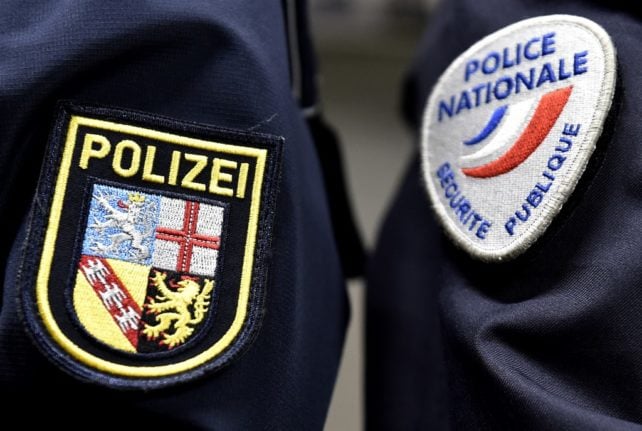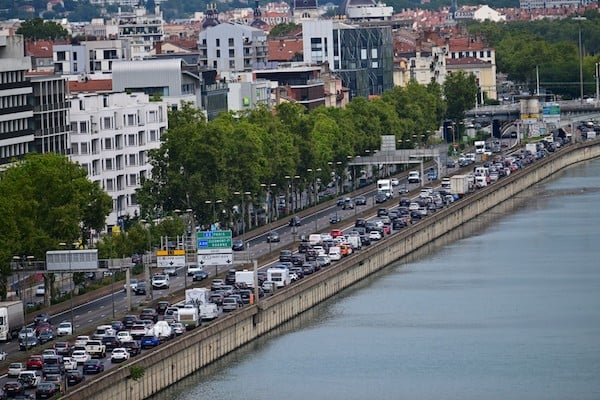German leaders last week raised the possibility of closing the border altogether after a ‘hotspot’ of cases of the South African and Brazilian variants of the virus in the French border area of Moselle.
German chancellor Angela Merkel’s spokesman Steffen Seibert said Germany was “in a situation where we need to do everything to prevent more aggressive mutations of the virus spreading as quickly in Germany as they have elsewhere”.
However the border will remain open, but both French and German authorities have announced extra checks.
On Sunday, February 28th, Germany’s Robert Koch Institute announced that France’s Moselle département had been added to the list of ‘high risk’ areas for virus variants, triggering tougher testing requirements for entry to Germany.
The previous week, a joint press release from France’s health minister Olivier Véran and Europe minister Clément Beaune said: “On both sides of the border, we share the objective of preserving freedom of movement and enabling cross-border workers to continue their professional activity.”
France also tightened entry requirements from Germany, removing exemptions to the testing rule for certain types of travellers.
Although travel between France and Germany is allowed for any reason, entry into France requires a negative Covid test and a declaration of being symptom free. There had been some exemptions on the test requirement, but these have now been limited.
READ ALSO IN DETAIL The rules on entering France from an EU country
Into France
From Monday, March 1st in order to enter France:
- Only cross-border workers are be exempt from the testing requirement, everyone else (including people who live within 30km of the border who were previously exempt) must present at the border a negative Covid test taken within the previous 72 hours. Only PCR tests will be accepted.
- Remote working for cross-border workers is to be reinforced to reduce the number of people travelling
- Cross-border workers will instead be required to take a weekly Covid test. Only PCR tests will be accepted.
Into Germany
- From Tuesday, March 2nd a Covid test no older than 48 hours will be required for all entrants into Germany from the Moselle département, with no exemption for cross-border workers. Germany initially specific that the tests must be PCR tests, but after discussions with French authorities clarified that the rapid-result antigen test will also be accepted. It is estimated that there are 16,000 people who cross the border every day from Moselle to work in Germany
- All non-German nationals also need to fill in a declaration – either online HERE or on paper – that they are free from symptoms
- A PCR test no older than 48-hours old is needed to enter Germany from the rest of France. However, exemptions are made in several cases, including for cross-border workers and commuters.
Both French and German police will be stepping up checks at the border, and the new testing requirements will apply to arrivals by road, rail and air.
The French ministers’ statement added: “These measures complement the arsenal deployed by the authorities in Moselle.
“Testing and screening capacities have been greatly increased (more than 60,000 tests carried out last week) in order to stop the spread of the virus and to identify more effectively the spread of variants. The strategy for identifying contact and isolation cases has also been strengthened (with the national self-isolation period extended from 7 to 10 days) and the accelerated vaccination campaign with 30,000 additional doses allocated to the department.
“Checks on compliance with the rules have been stepped up.”
Both countries will continue to monitor the situation.



 Please whitelist us to continue reading.
Please whitelist us to continue reading.
Member comments